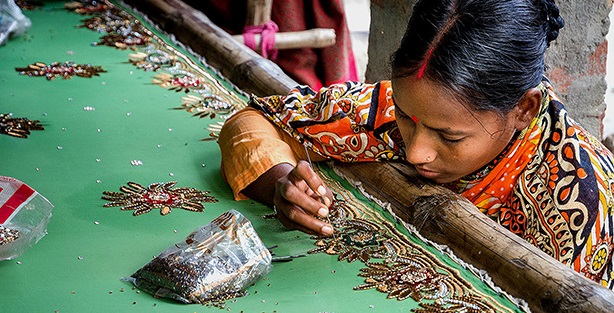
COVID Challenges to Unnao’s model for transforming Art into Sustainable Livelihoods
- By Kanhu Charan Behera and Paritosh Pathak
- September 22, 2020
Share This Story
India has been an important center for art since time immemorial. While many art-forms have been lost over time, others have survived and continue being practiced by artisans. While many factors are relevant for the survival of an art form, an important contributing factor is its commercial patronage and a single-minded focus on its popularization. The COVID19 outbreak and associated policy responses have jointly led to job less, a negative economic growth rate for the current quarter, and challenged the survival of many livelihoods including those of the artisan.
Zari-Zardozi, a type of embroidery art which evolved during the Mughal period, is still alive thanks to individual artisans like the Unnao based Ms. Zahira. She received her training in 1987 when she learned the art of weaving (dozi) elaborate designs on silk, satin, or velvet using metal such as gold (zari), or silver and inlaid with beads and precious stones. Subsequently, she has also started to train people in Hasanganj block in the art of Zari-Zardozi. This community wide engagement eventually culminated in the creation of a community owned cluster unit for Zari-Zardozi in 2000 that eventually began to employ about 2000 individuals.
The success of these efforts was recognized in 2008 by the Government of India as it sanctioned Rs. 2.24 crores for establishment of common facility center in Unnao. Some of the key Zari products from this facility today include Sarees, Lehangas, Salwars, Suits, Sandals and Belts. These products are manufactured in 250 Unnao based micro-scale units; 150 of these are owned by women!
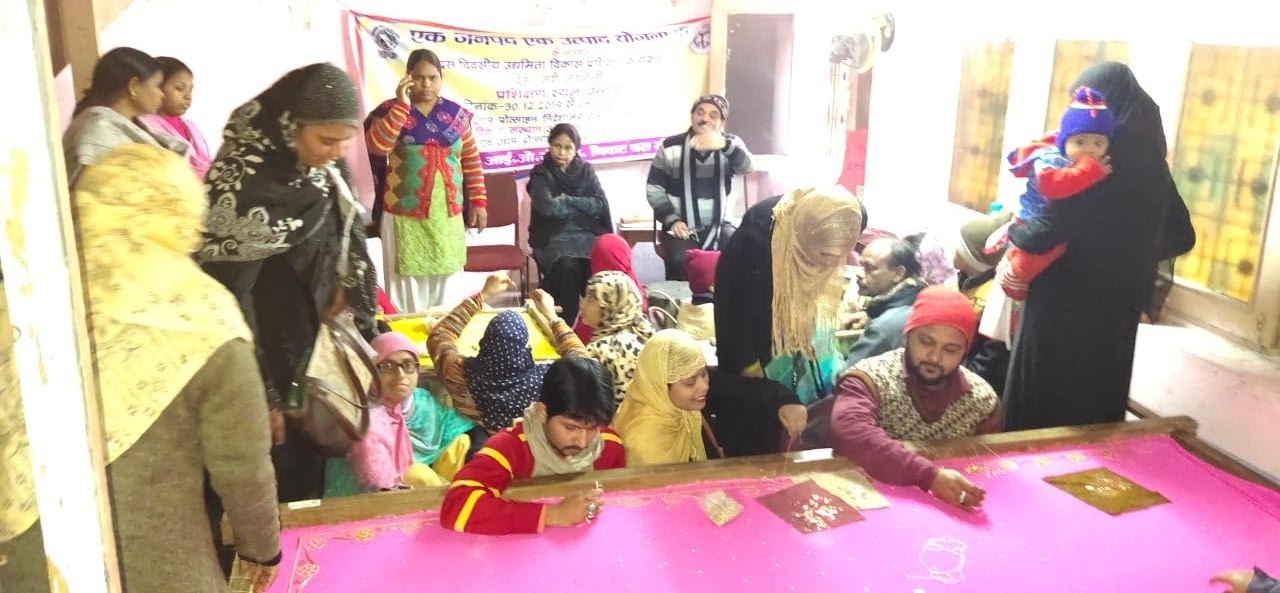
Ms. Zahira continues to inspire individuals in Unnao as she has continued her field visits to provide sustainable livelihoods through Zari-Zardozi for rural artisans and would provide advanced training to those who could benefit from it. More than 100,00 individuals have engaged through the Zari-Zardozi Cluster Uthan Samiti that she set-up in 2010 to promote and sustain traditional handicraft by creating livelihood opportunities for sections of society.
The Zari-Zardozi Cluster Uthan Samiti has been able to not only reach many of the poor in Unnao districts, but institutionally it offers interesting lessons as it has enabled much better market linkages and price realization by achieving scale through market participation with high volumes. Being able to engage without middlemen has not only created a strong structural link to the market, but artisans today have a better understanding of trends in the market and what sells in local, national, and even international markets. Estimates prior to the COVID-19 suggest that revenues were poised to grow by 18 Crores in the next 4 years!
Ms. Zahira’s 37-year-old endeavor has not only created livelihoods, but it has created talent in based on a centuries old art-form that, today, has a very strong market presence. Not only is Zari-Zardozi a primary source of income to thousands of families in Unnao, but the Government of Uttar Pradesh has identified Zari-Zardozi as Unnao’s product under the One District One Product Scheme in 2019. While the supply of talent, skills and market-linkages has been resolved through the efforts of Ms. Zahira and the Zari-Zardozi Cluster Uthan Samiti, COVID19 driven crisis will affect commercial patronage significantly. Negotiating this crisis will need a nuanced engagement with not just supporting talent but will also need institutional and financial support that rebuilds the demand for these art forms. This must have policy priority for Unnao as Zari-Zardozi is not only a pathway for economic growth, the inclusive approach to skilling makes this pathway an import equity promoting path that can powerfully improve Unnao’s economy.
Reference:
-
he role of microfinance in women empowerment: A study on the SHG bank linkage program in Hyderabad. Dr. M Aruna, Ms. Rema Jyothirmoi: Indian Journal of Commerce & Management Studies ISSN- 2229-5674, vol- II 2011
https://pdfs.semanticscholar.org/11e1/04ffdd15ed592249ac17c7671ea5a2e5bde0.pdf -
Indian handicraft industry: Problems and Strategies; International Journal of Management Research and Review ISSN:2249-7196, Suhai M Ghouse, Vol. 2 July 2012
http://ijmrr.com/admin/upload_data/journal_Suhail%20M%20ghouse%20%20%208au12.pdf -
Cultural Heritage Preservation of Traditional Indian Art through Virtual New- media; Saptarshi Kolay; Procedia Social and Behavioural Sciences 225 (2016) 309-320
https://www.sciencedirect.com/science/article/pii/S1877042816307157 -
Symbolic significance of textile crafts for tourists, Mary Ann Littrell, Annals of Tourism Research vol 17, Issue 2, 1990 (pp.228-245) https://www.sciencedirect.com/science/article/abs/pii/0160738390900856
-
Banik, Subhamoy. 25 Mar 2018. A Study on Financial Analysis of Rural Artisans in India: Issues and Challenges. International Journal of Creative Research Thoughts (IJCRT), Volume 5, Issue 4 December 2017 | ISSN: 2320-2882.
https://papers.ssrn.com/sol3/papers.cfm?abstract_id=3137936 -
Gali, Ram Mohan. 2016. Status Of Women Entrepreneurship In India. Vishakhapatnam: International Journal Of Multi-Disciplinary Educational Research Issn: 2277-7881; Impact Factor –3.318; Ic Value:5.16; Isi Value:2.286 Volume 5, Issue 5(2), May2016. https://www.researchgate.net/publication/304024317_STATUS_OF_WOMEN_ENTREPRENEURSHIP_IN_INDIA
-
Sidhpuria, Renuka Garg & Manish. 2013. Strategic interventions to enhance competitiveness: a case of Surat zari industry in India. Springer. https://www.semanticscholar.org/paper/Strategic-interventions-to-enhance-competitiveness%3A-Garg-Sidhpuria/faf0dbab086113caf059f6e670e9ca2c0b595276
-
Ahulekha Gupta & Paritosh Pathak (2017) Key Drivers Influencing Women as Entrepreneur in Uttarakhand. Prestige International Journal of Management & Research. Vol 10 (pp.11-18). https://www.academia.edu/37798156/PIJMR_Volume_10_2_July_2017_pdf

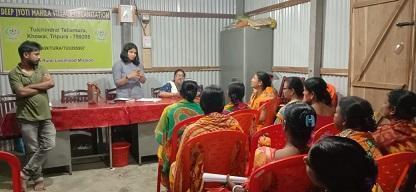
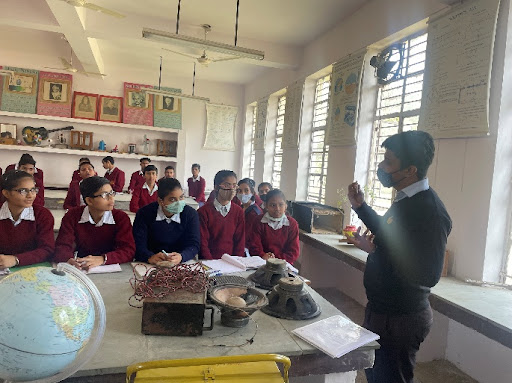
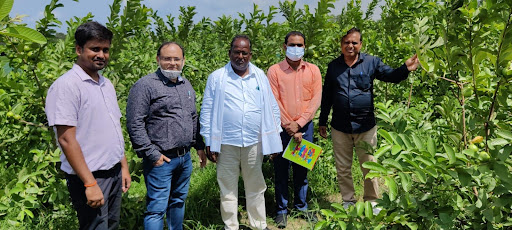
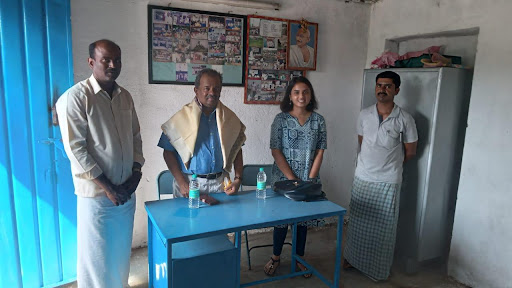
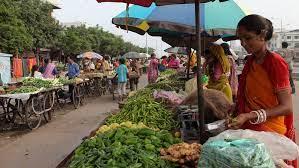
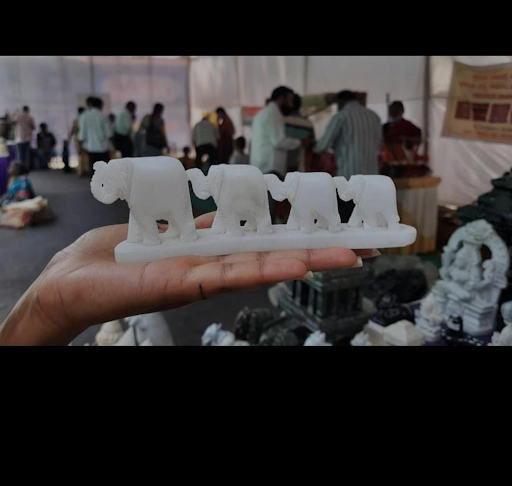
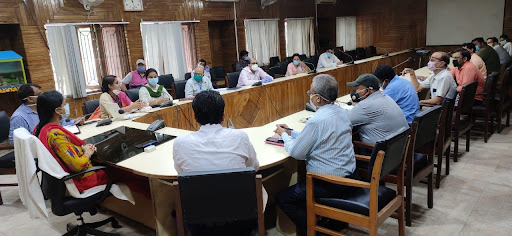
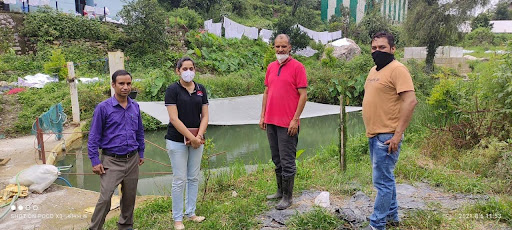
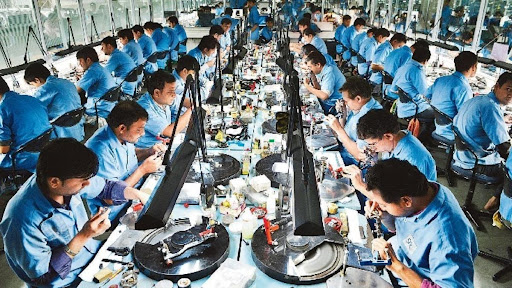
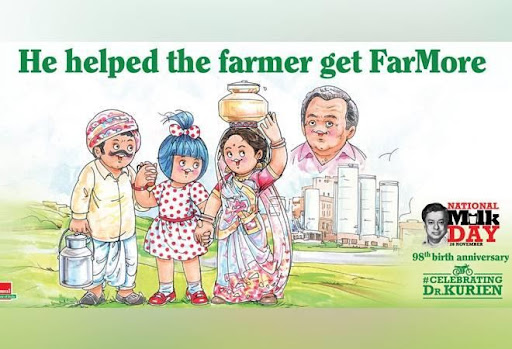
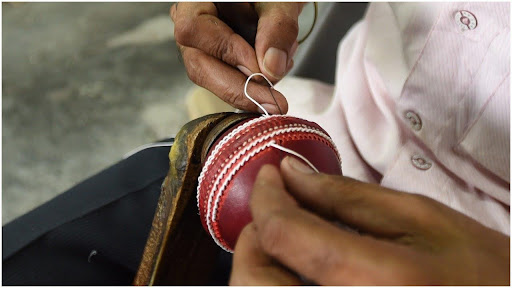
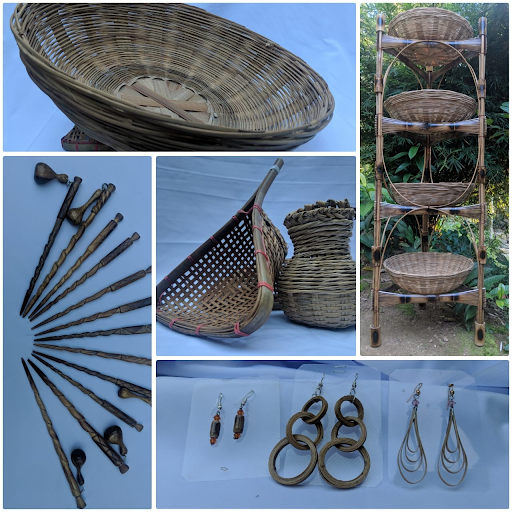
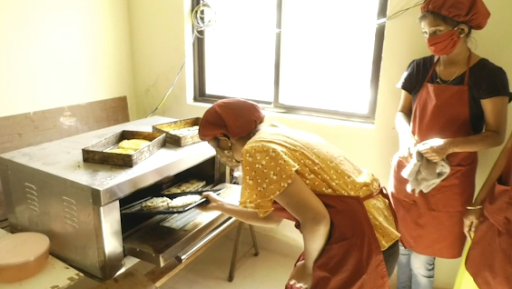
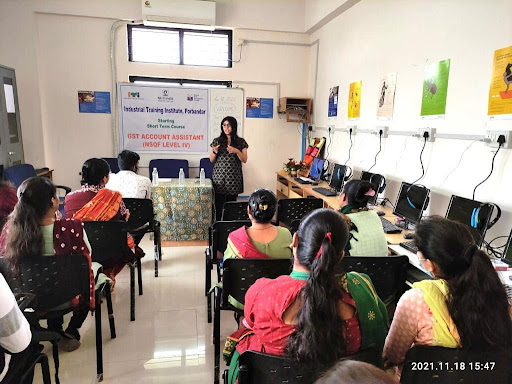
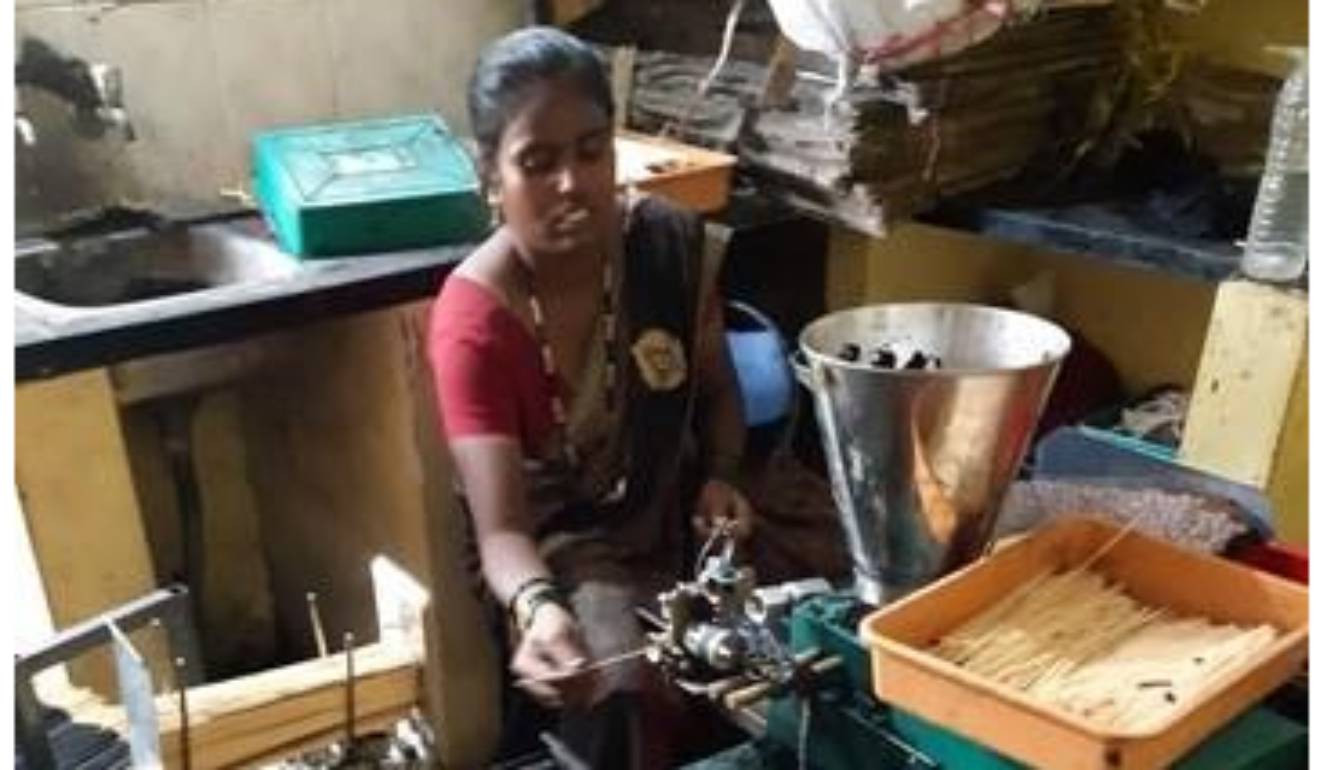
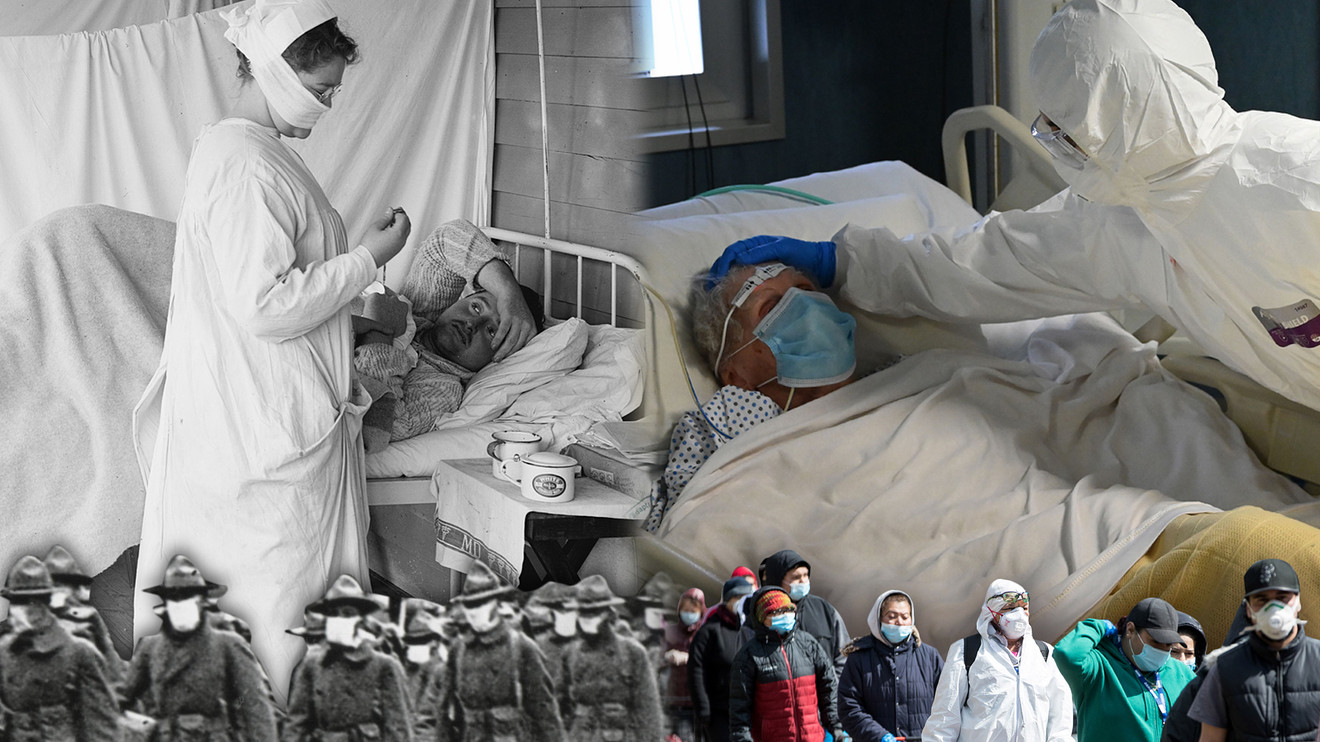

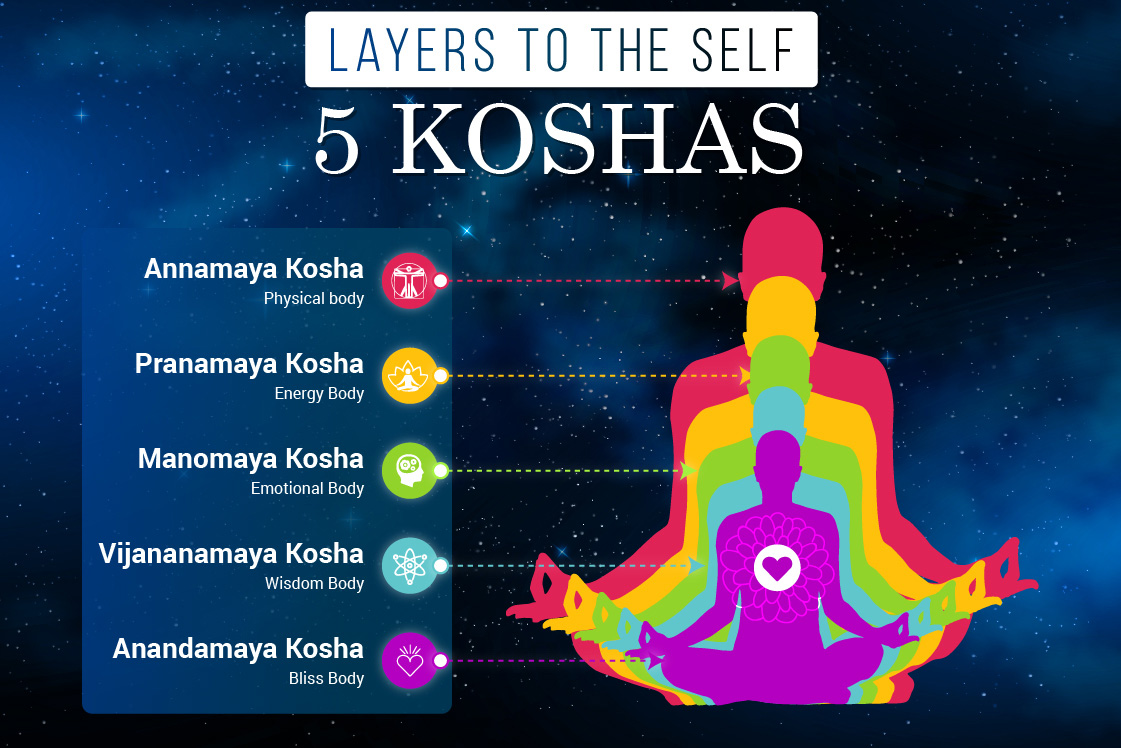
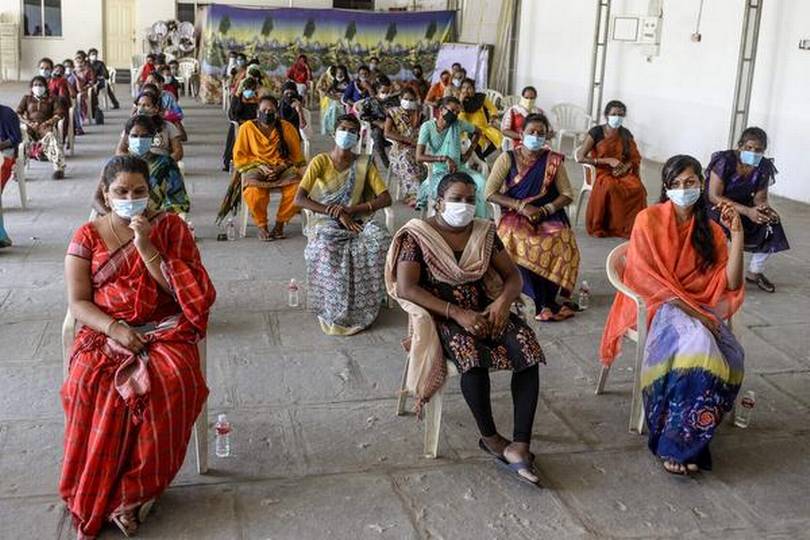

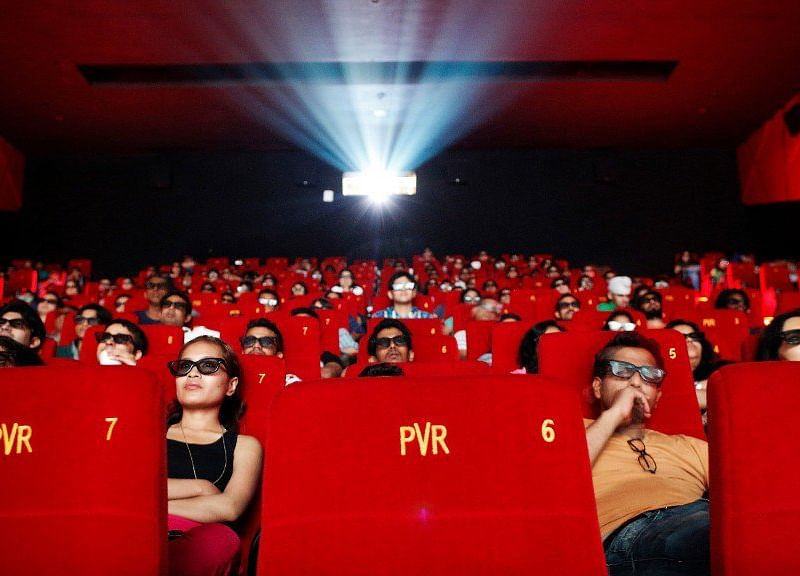






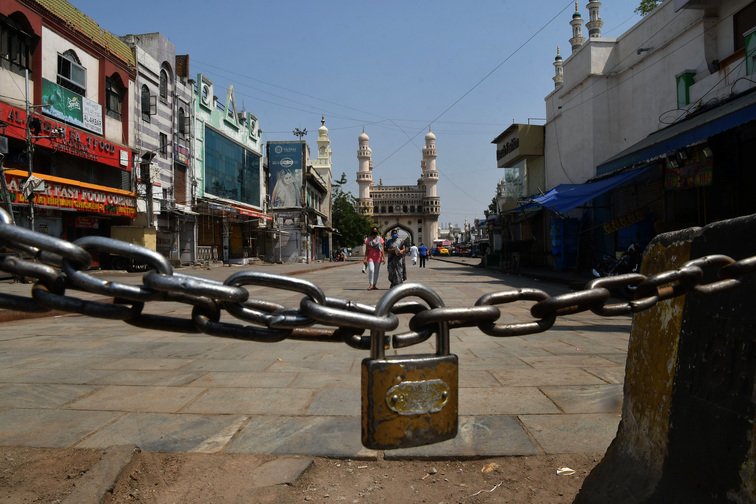




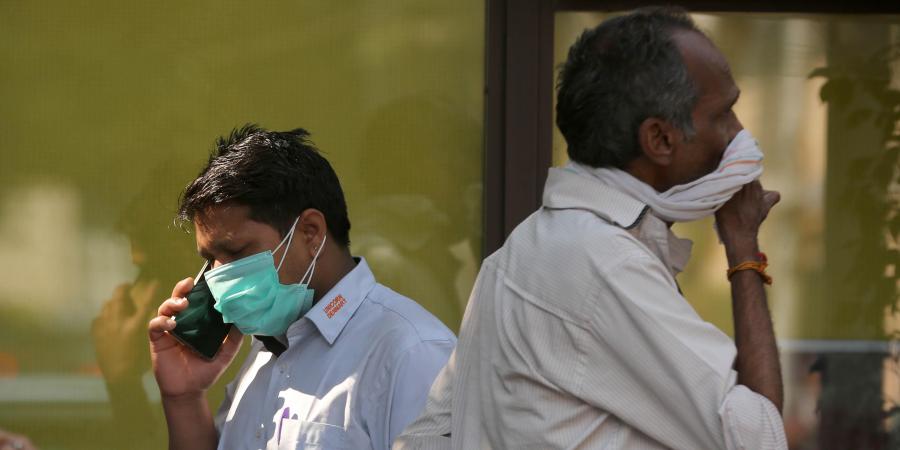
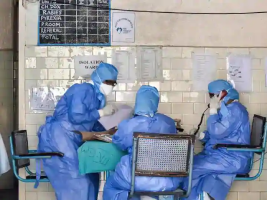
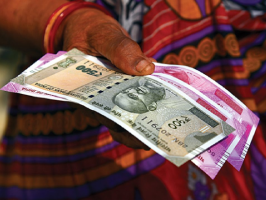
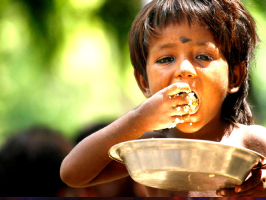
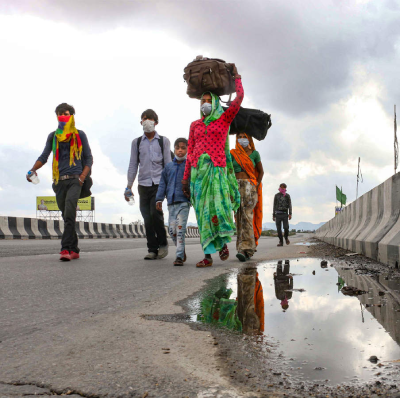
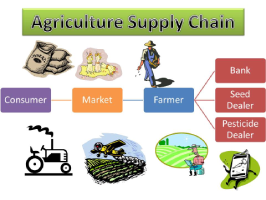
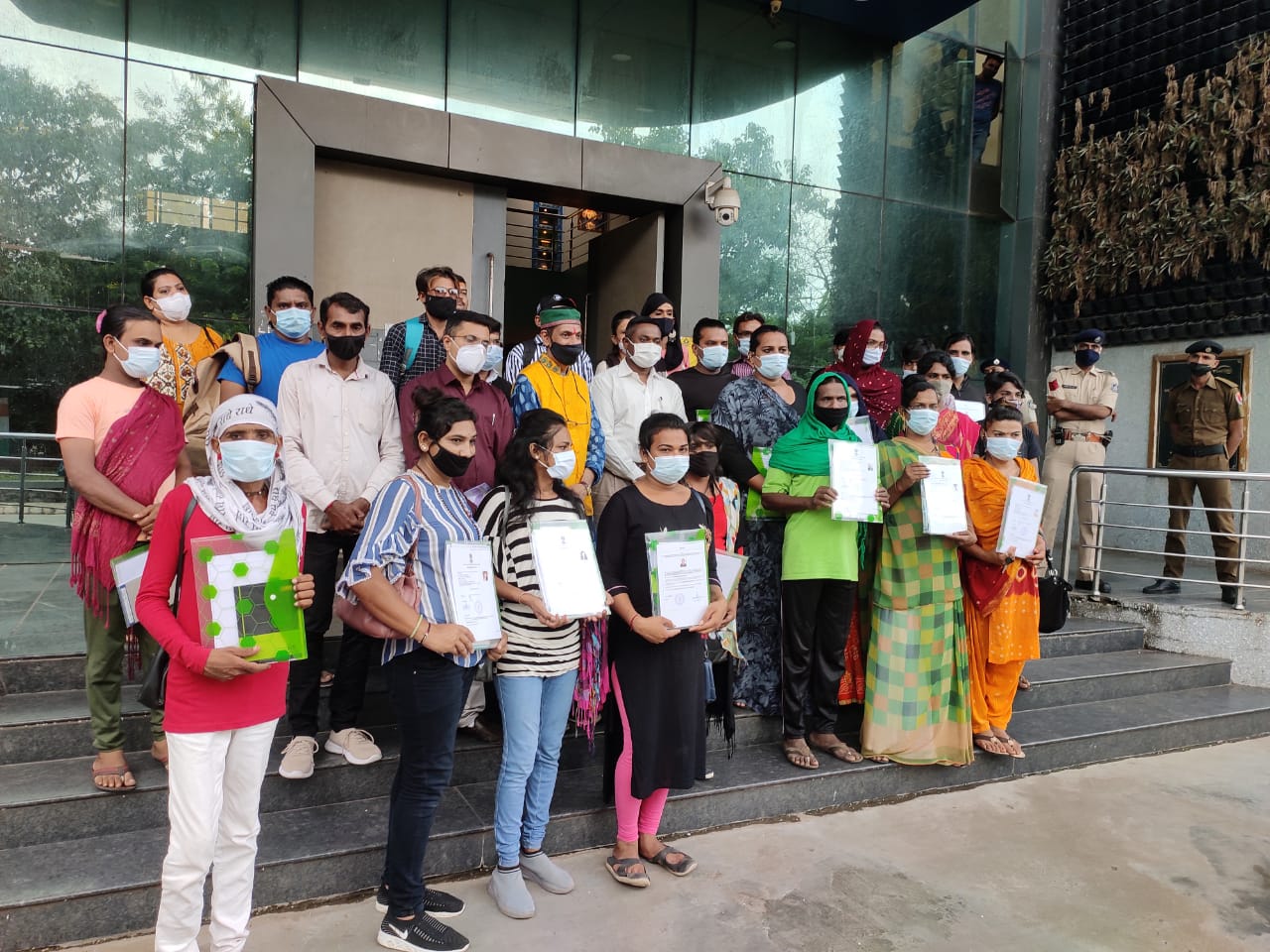
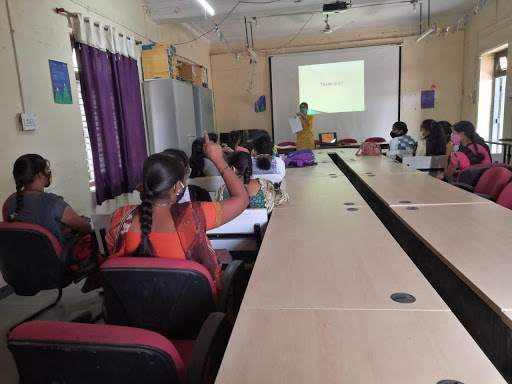
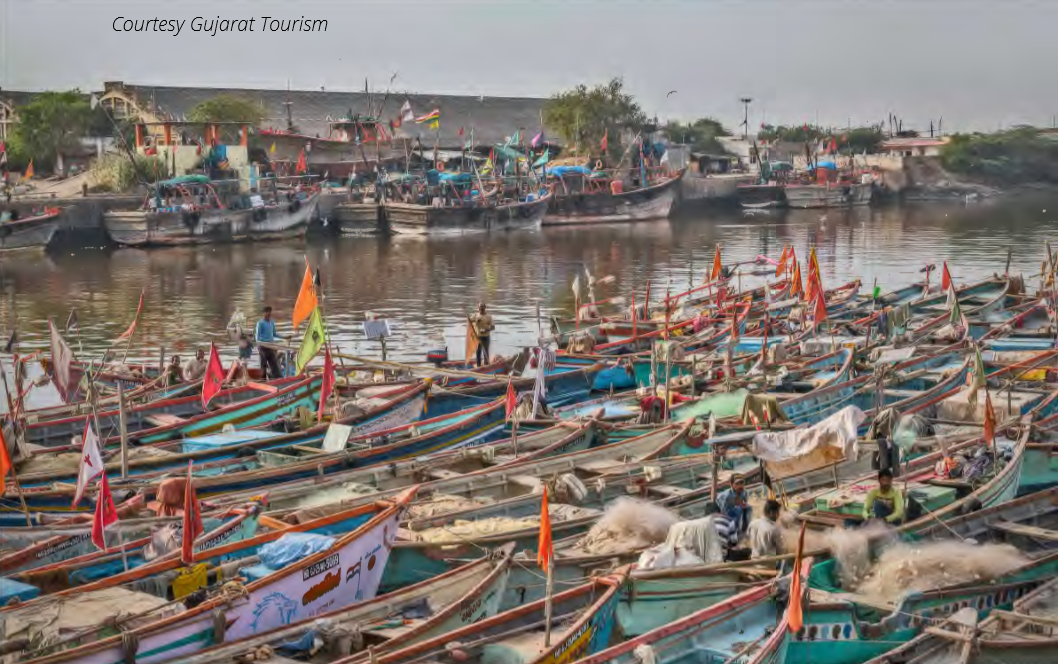

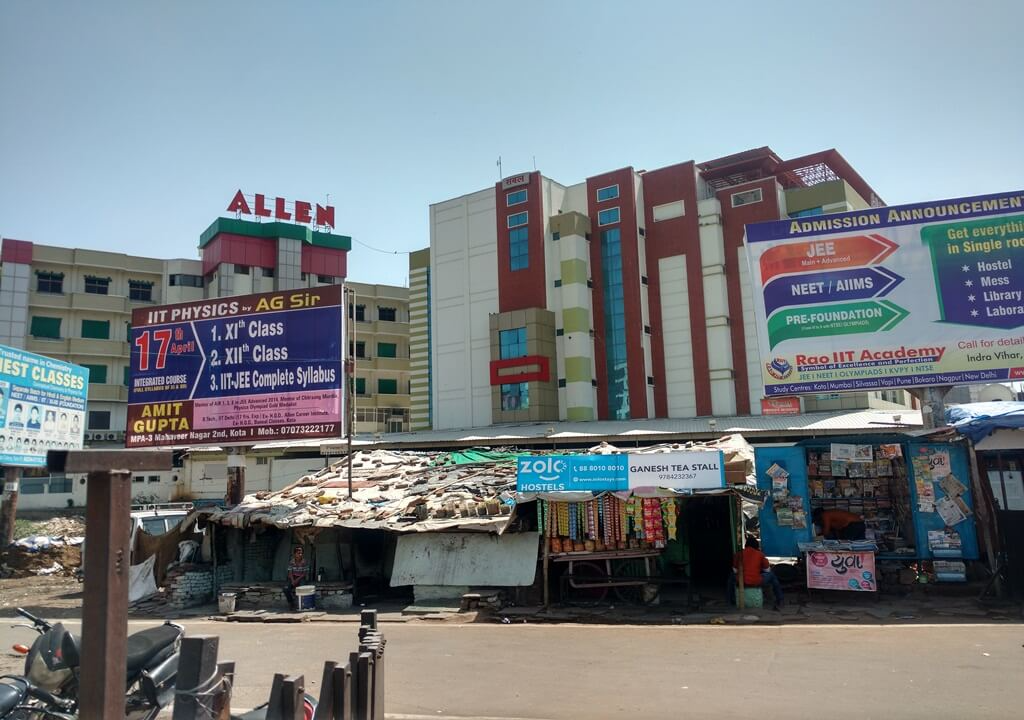
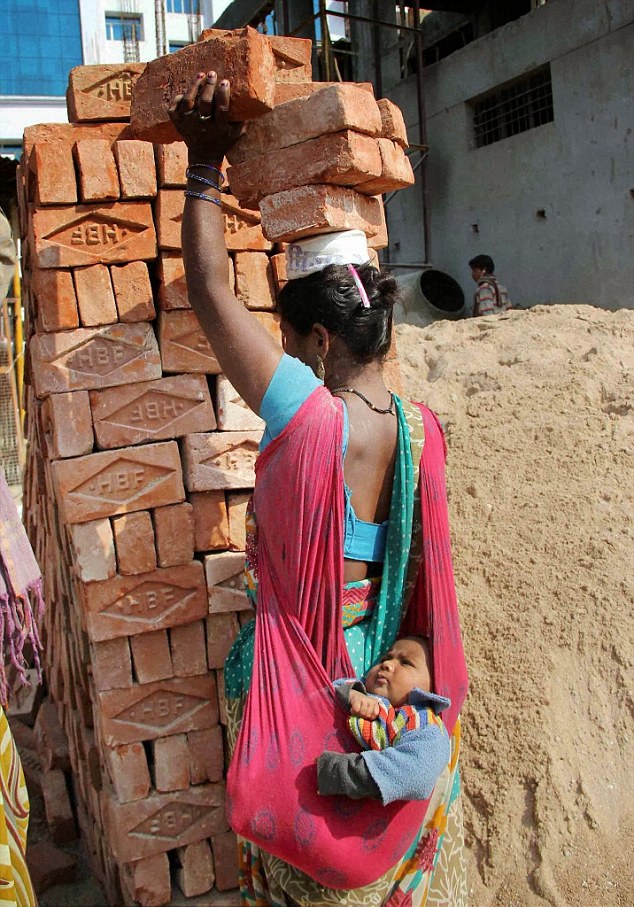
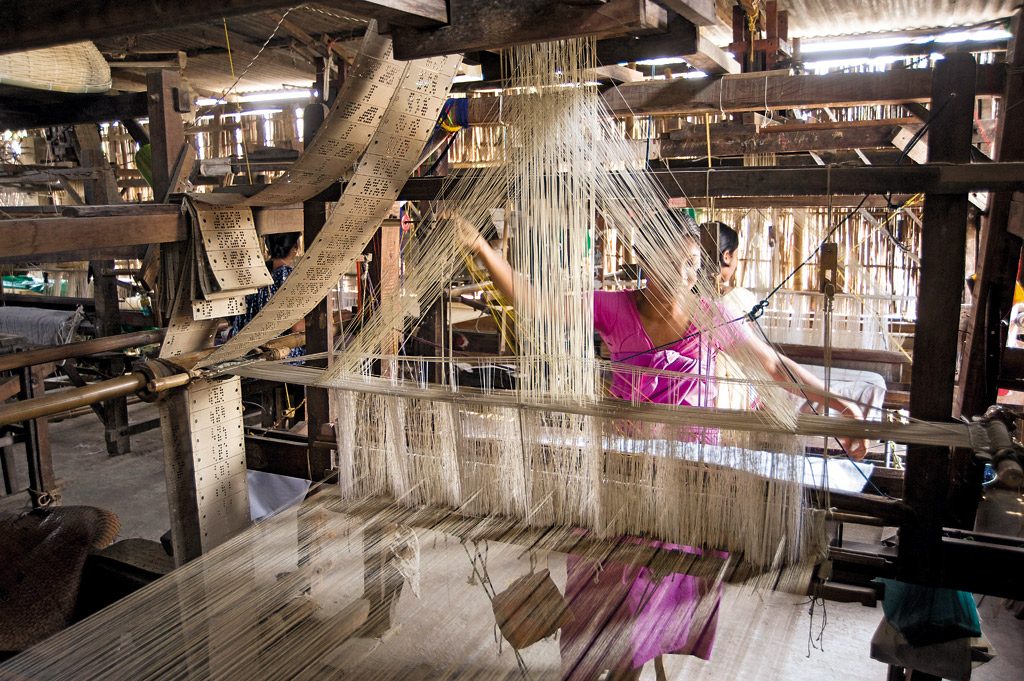
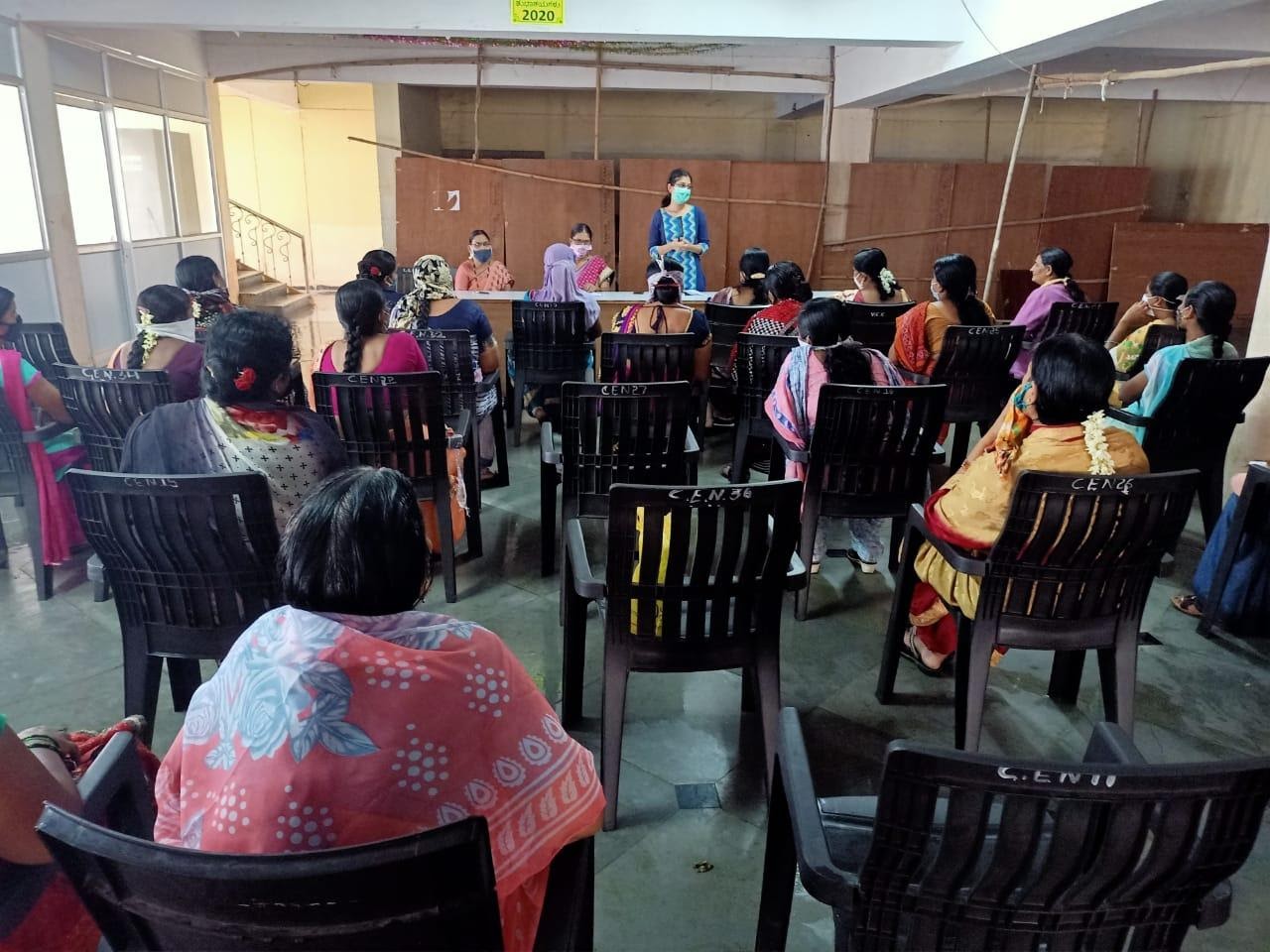
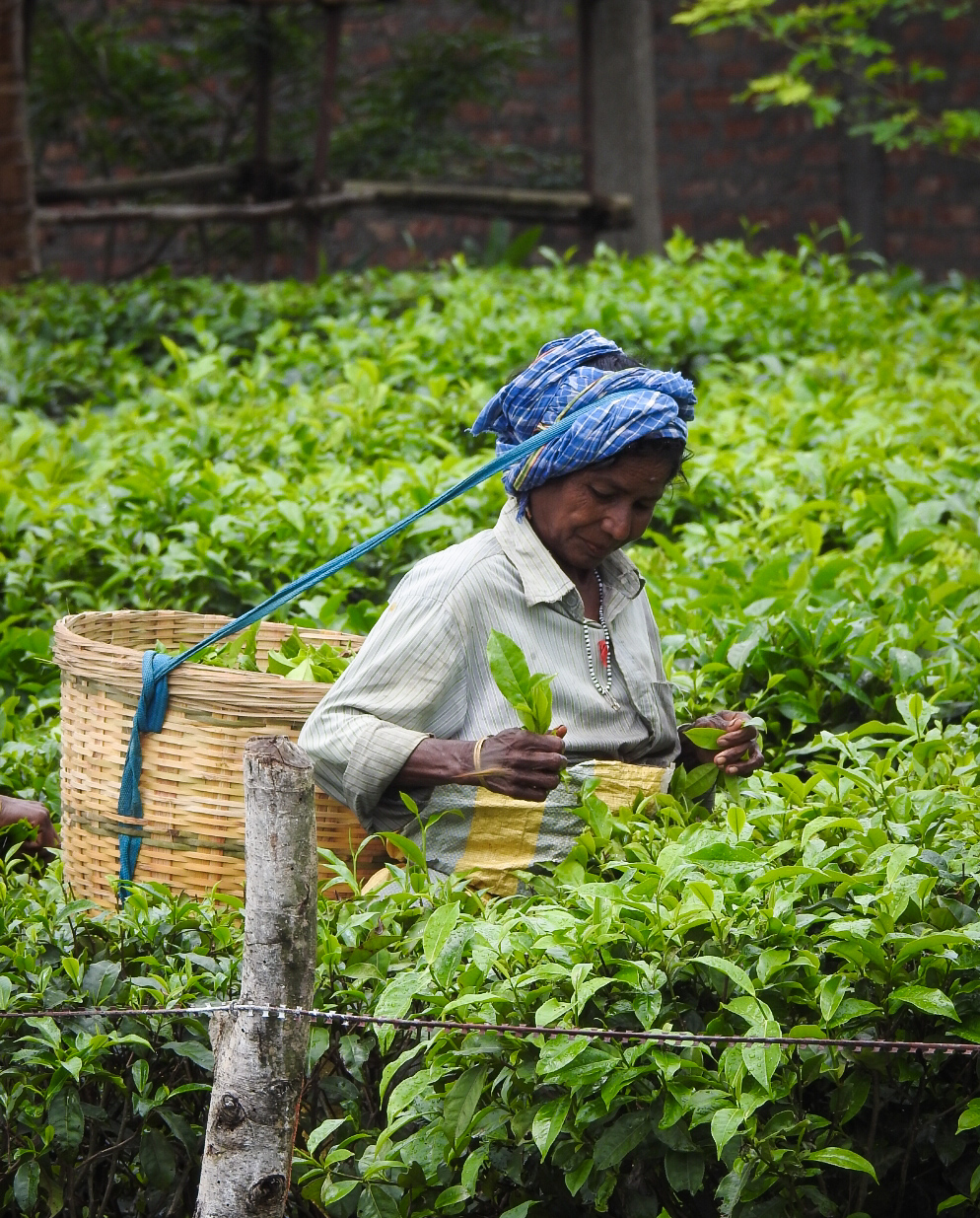

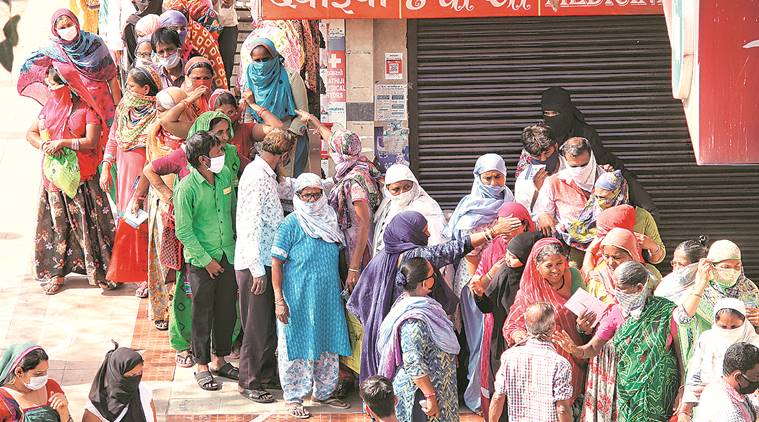

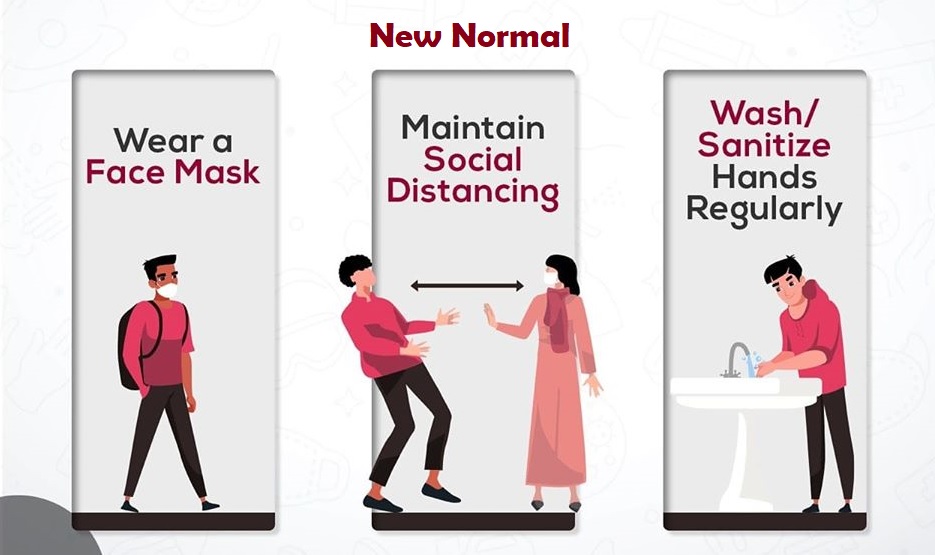
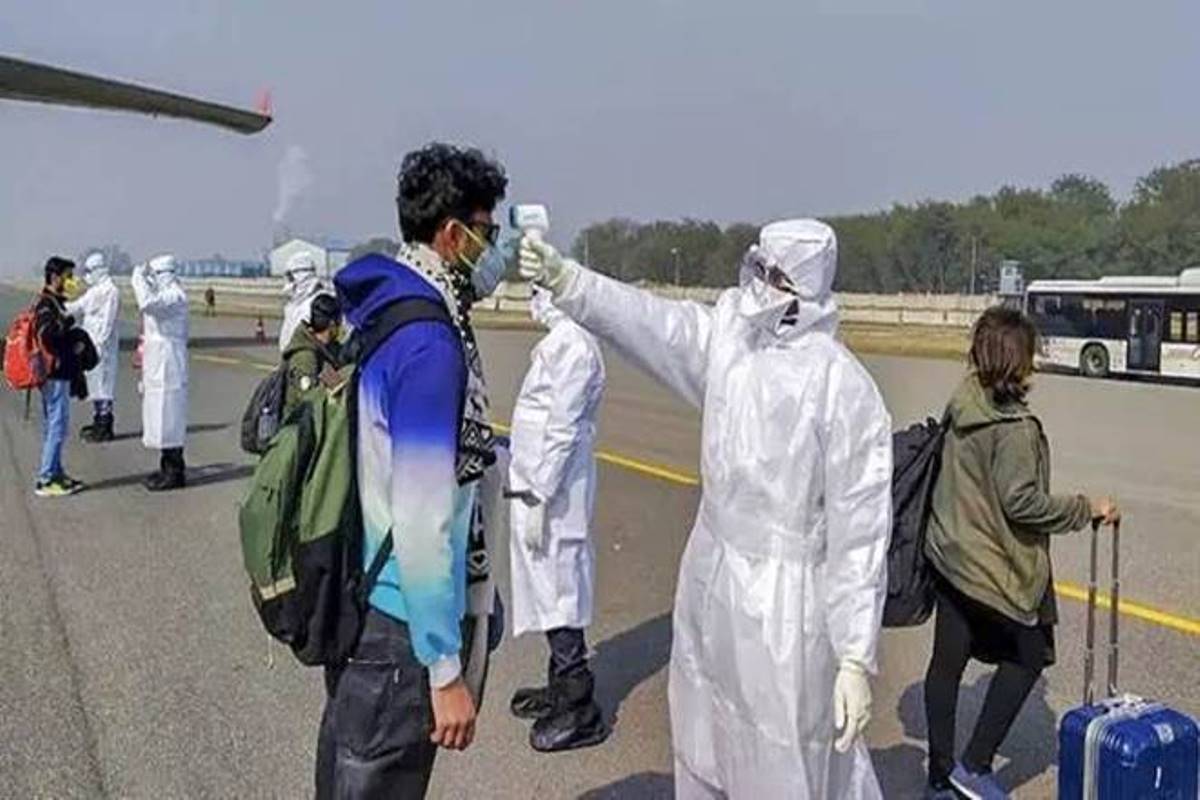

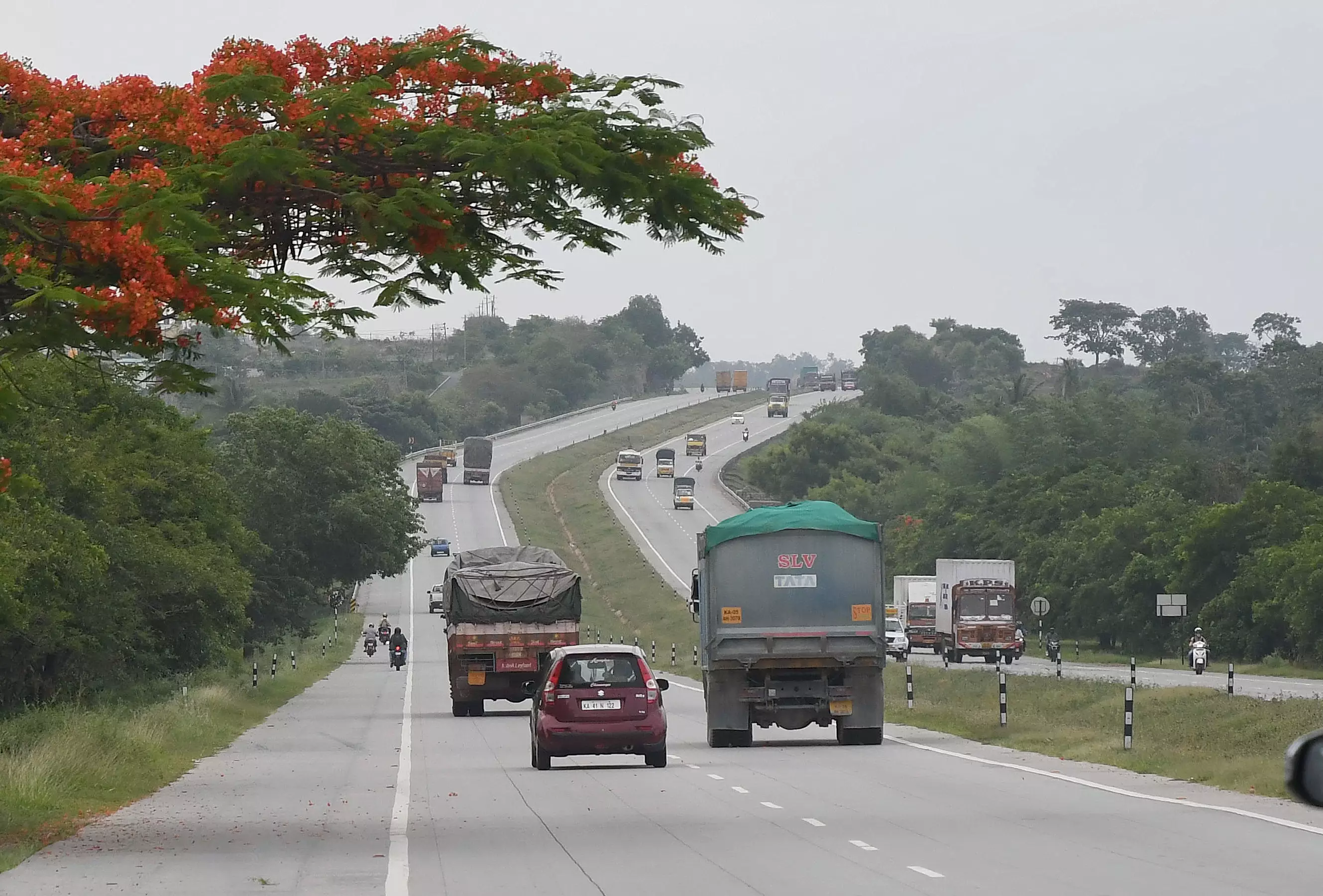
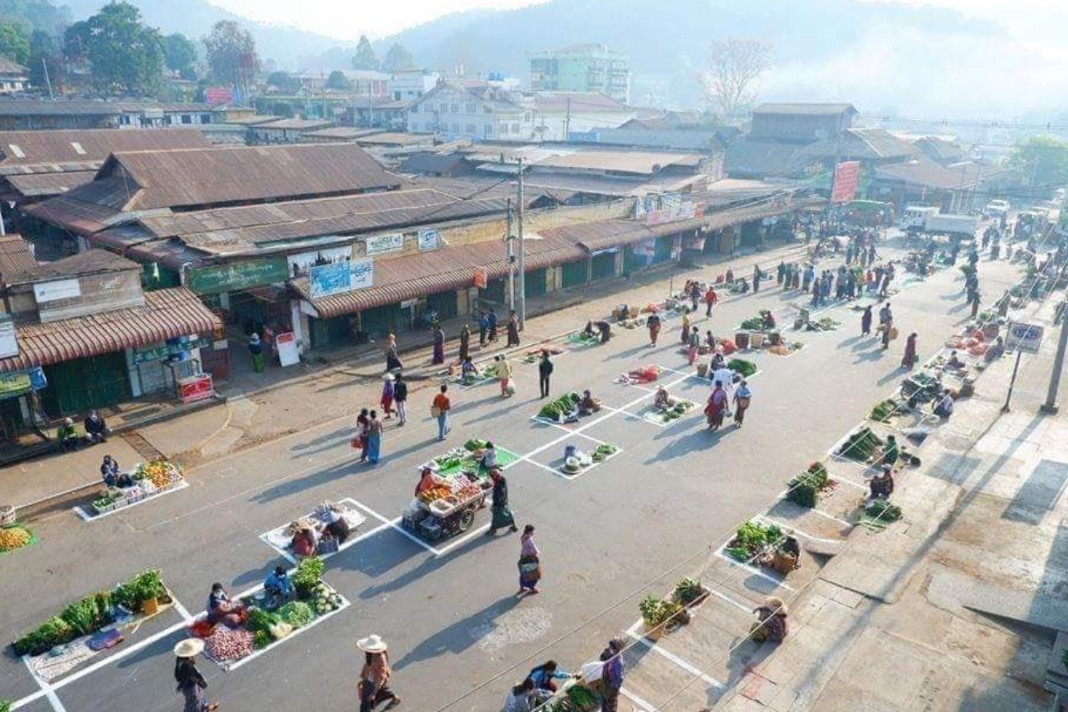
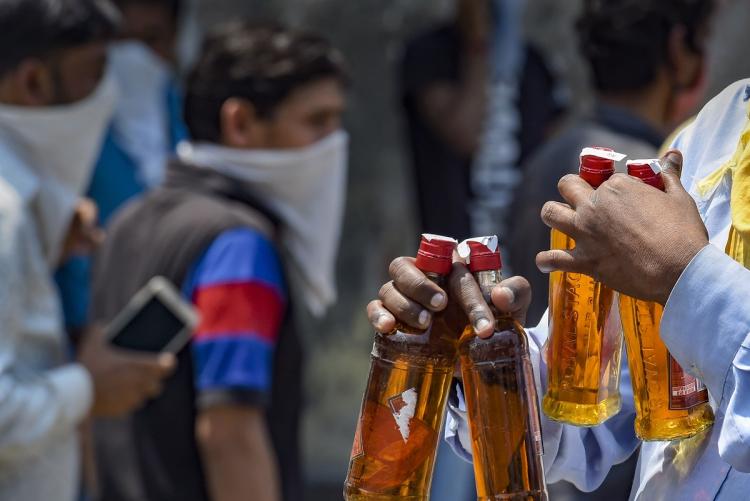
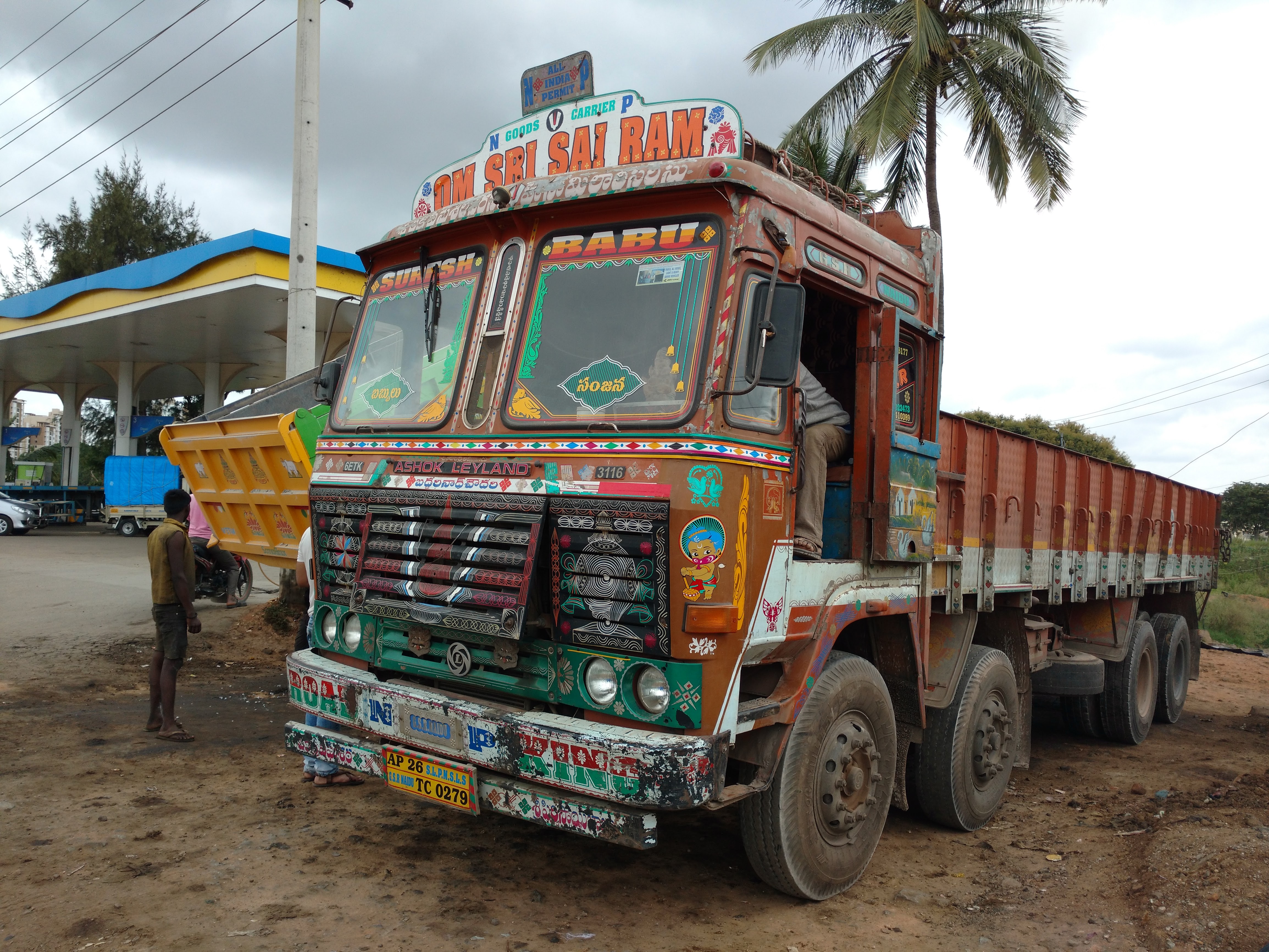

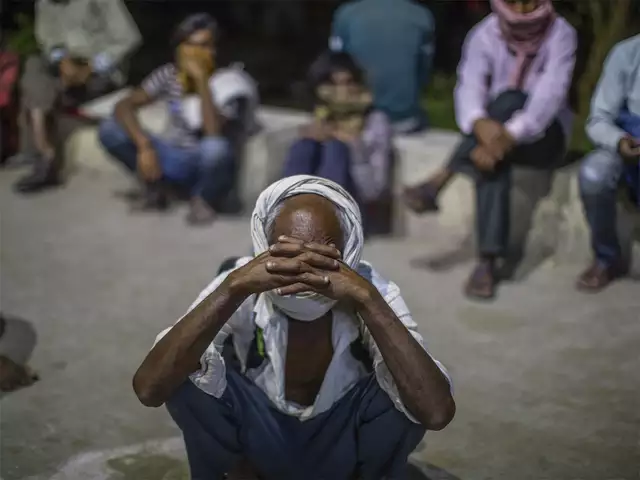

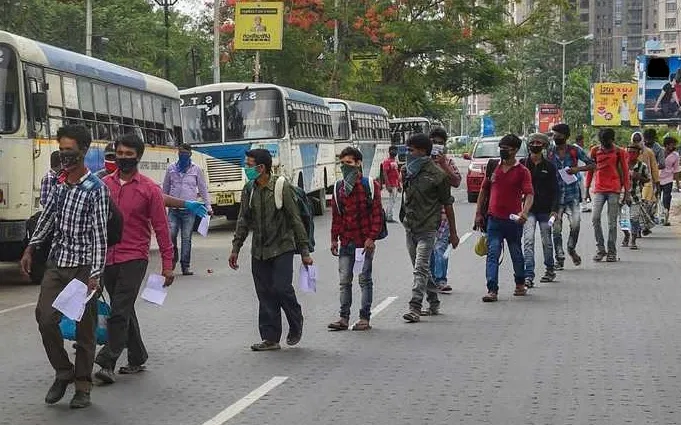



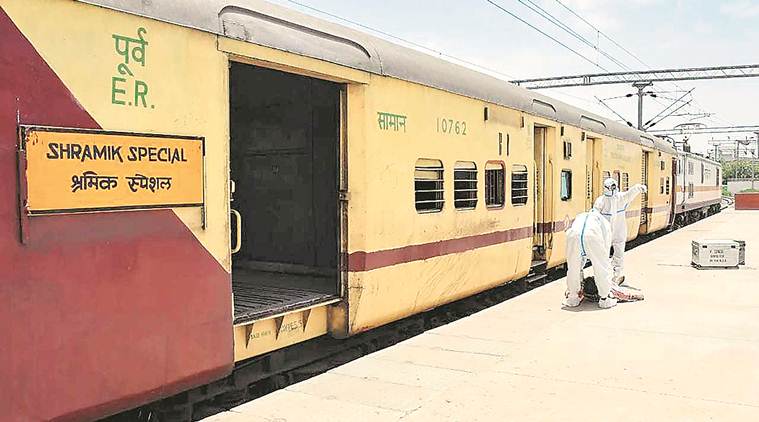

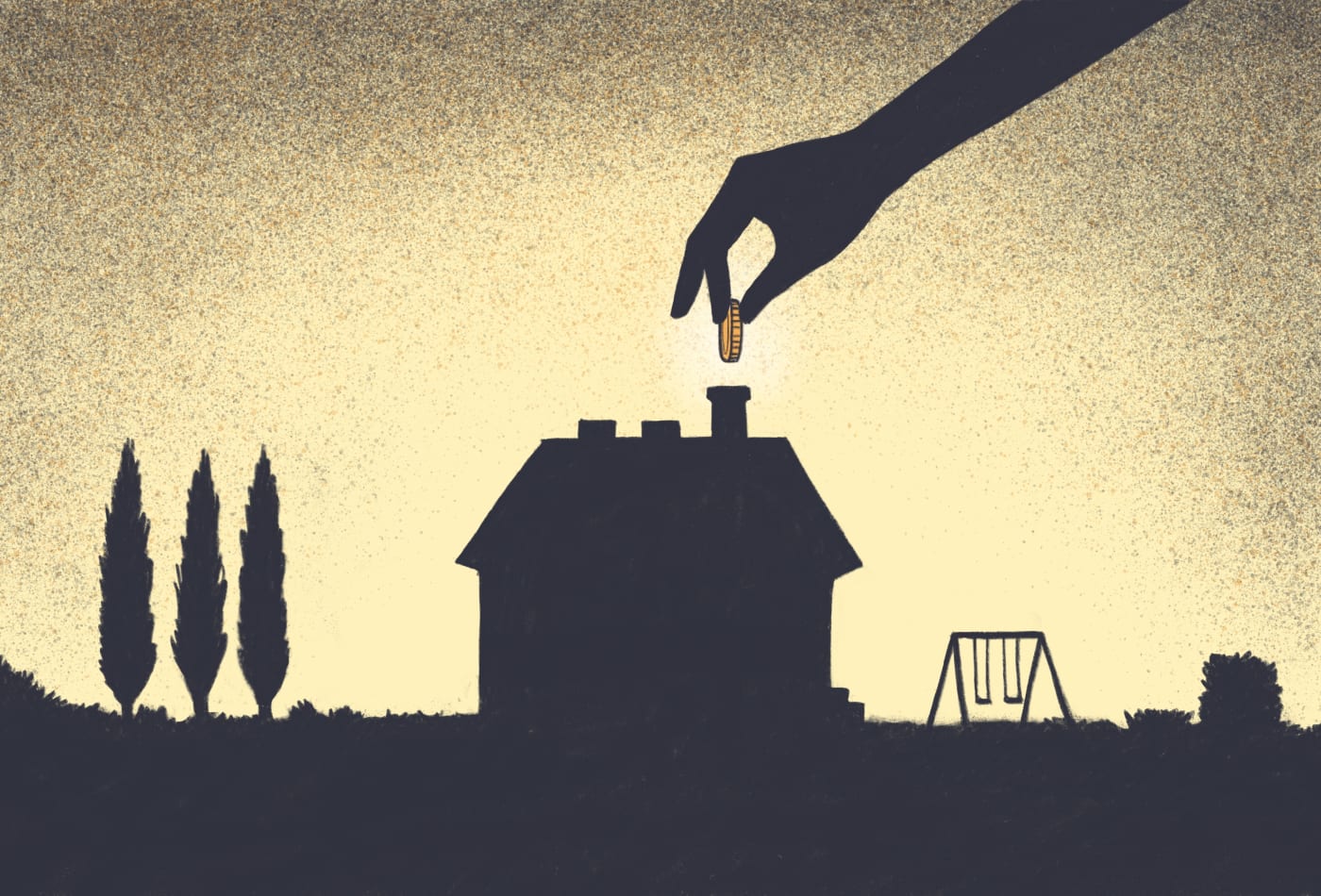

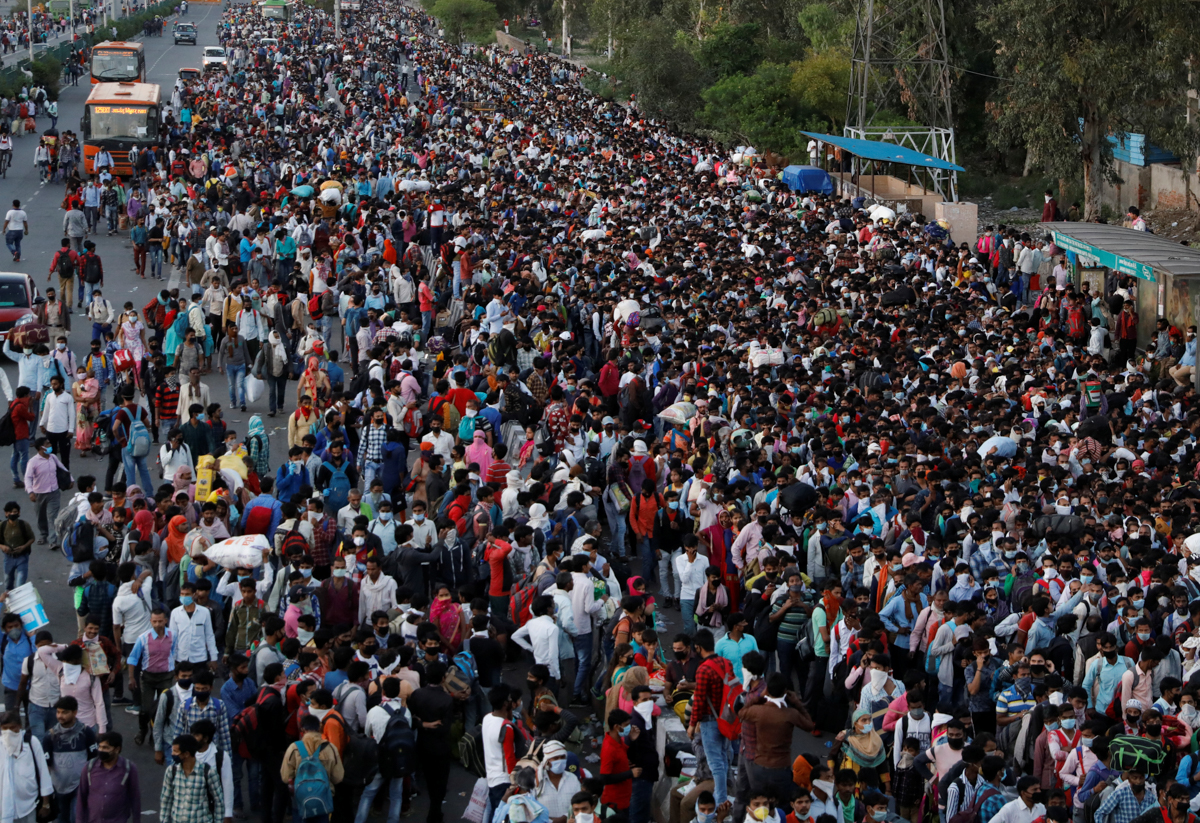
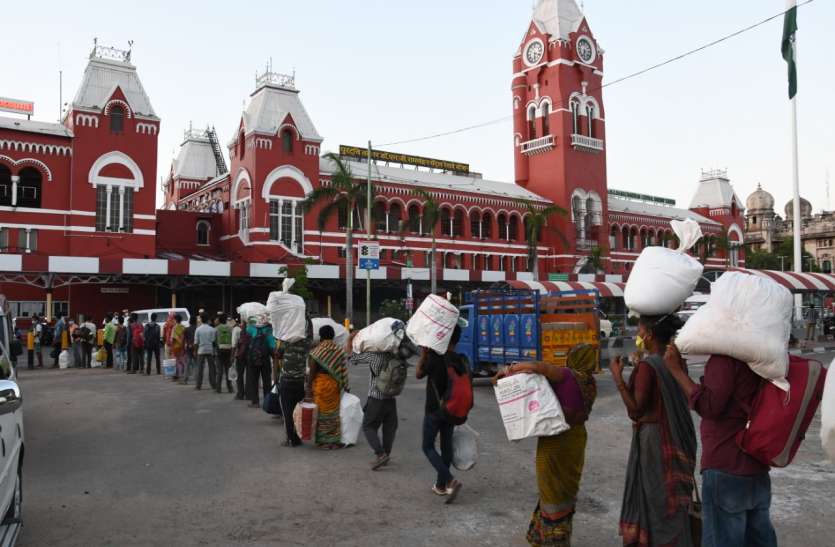
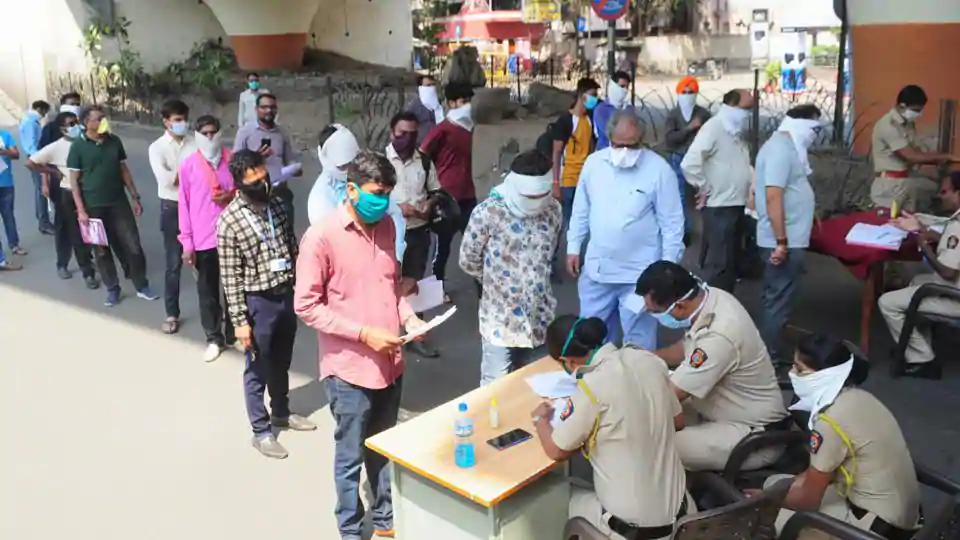
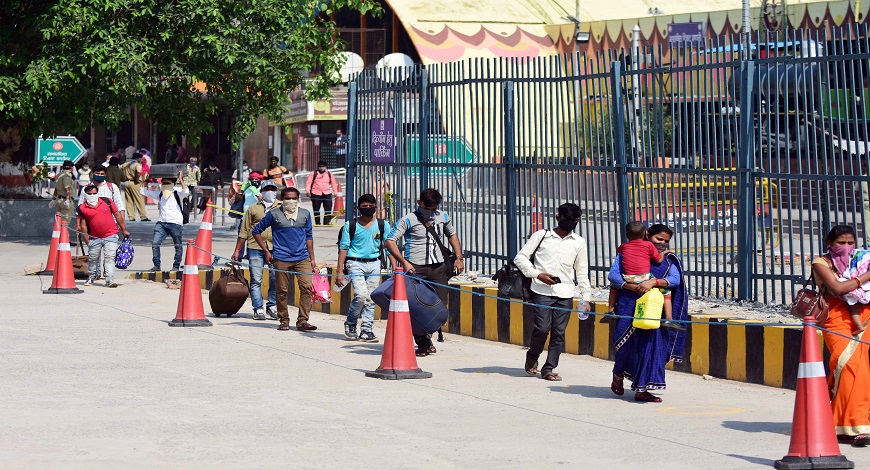
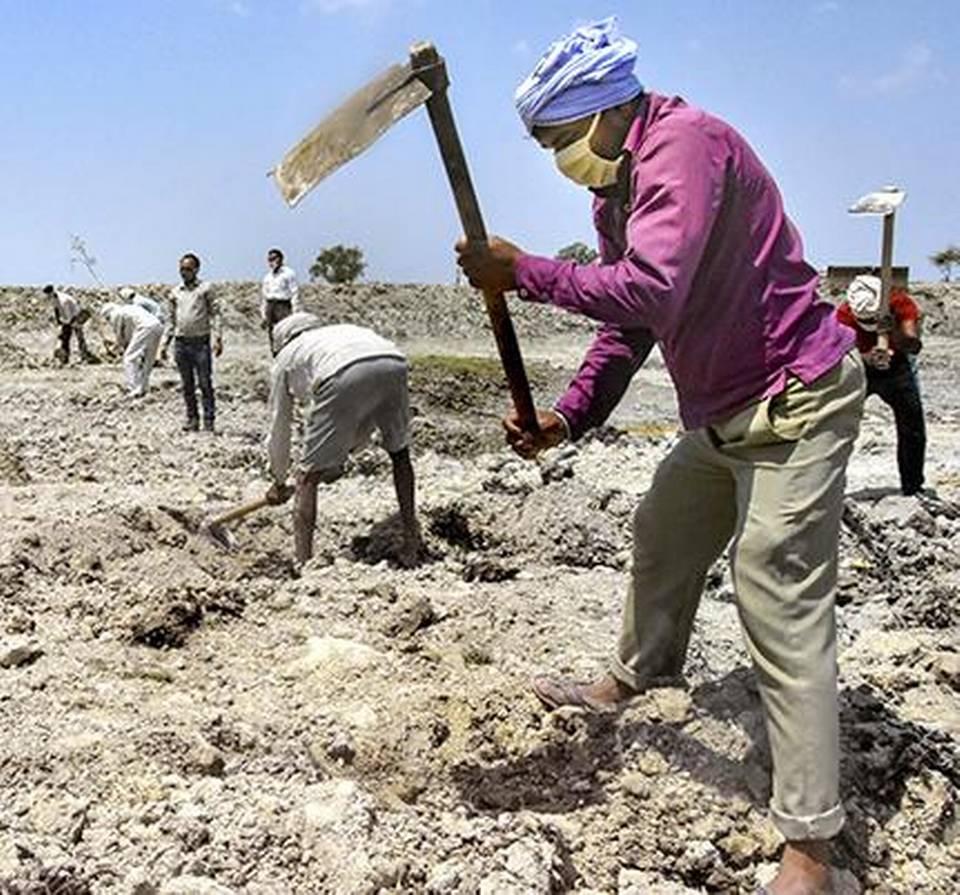
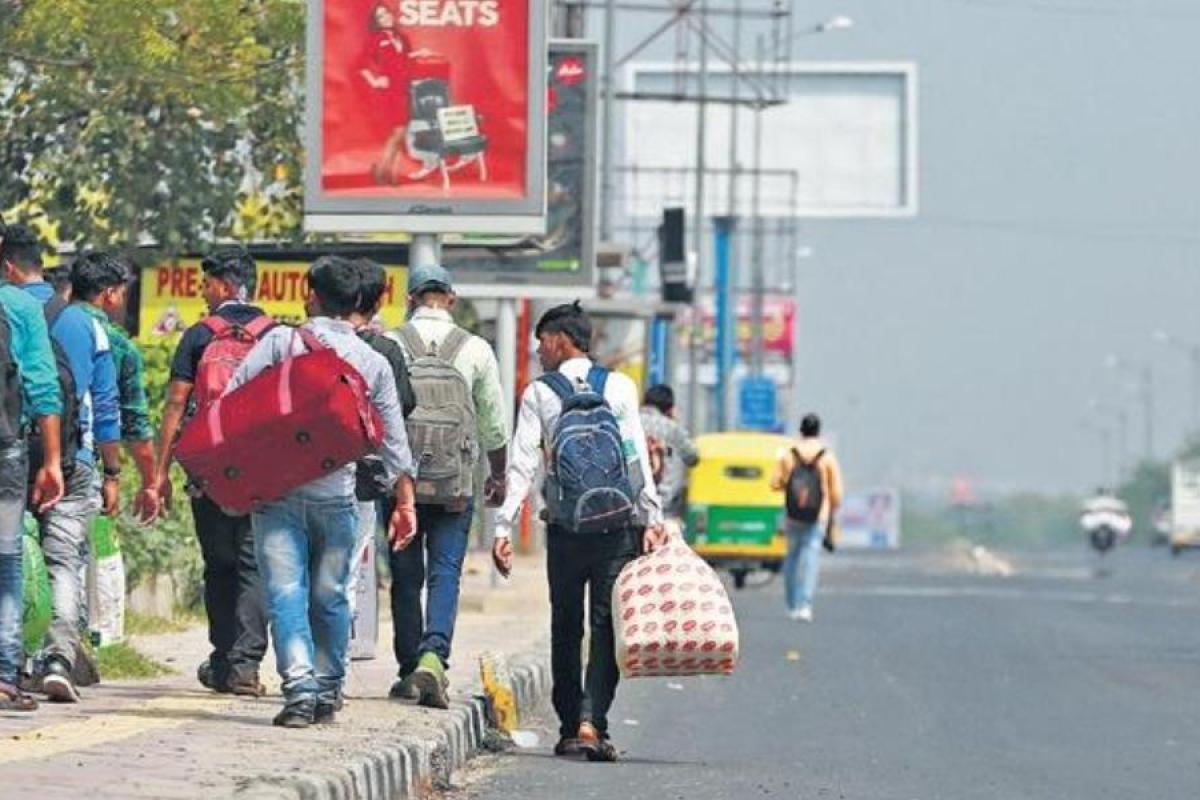
Kanhu Charan Behera
Paritosh Pathak